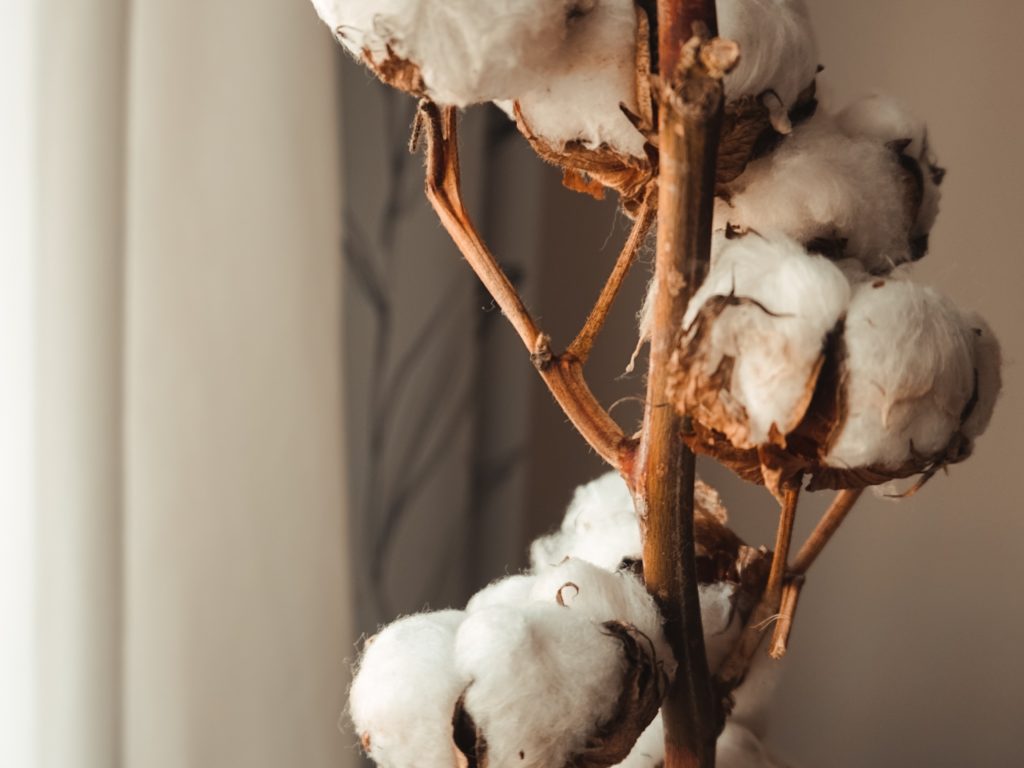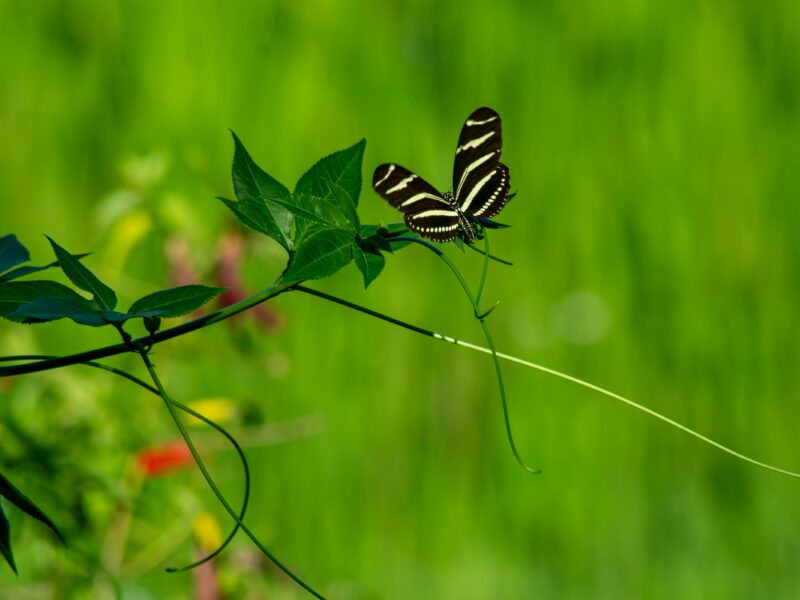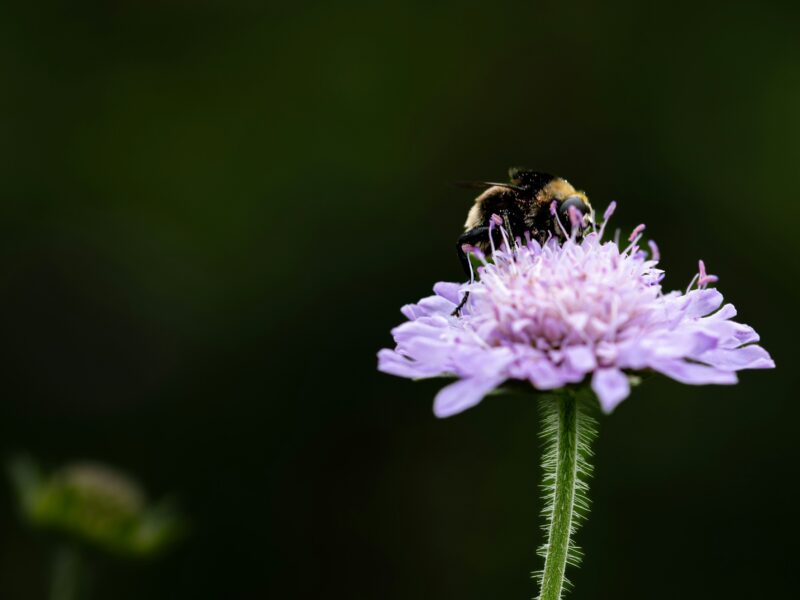Cotton plants native to Mexico’s Yucatan Peninsula may all look the same — unkempt and untamed bushes with flowers that shift from pale yellow to violet as pollinators visit them. But genes that have escaped from genetically modified cotton crops have made some of these native plants fundamentally different, changing their biology and the way they interact with insects. New research shows that organic cotton is much better for the environment. A shift in consumer demand and support from major clothing brands could help more farmers grow it. Sperm counts have been dropping; infant boys are developing more genital abnormalities; more girls are experiencing early puberty; and adult women appear to be suffering declining egg quality and more miscarriages. More than 900 million tons of food is thrown away every year, according to a global report. The UN Environment Programme’s Food Waste Index revealed that 17% of the food available to consumers – in shops, households and restaurants – goes directly into the bin. Some 60% of that waste is in the home. The lockdown appears to have had a surprising impact – at least in the UK – by reducing domestic food waste. In an effort to reduce the use of harmful pesticides, farmers are looking for ways to enhance natural pest control by boosting numbers of natural predators of pests on their farms. A recent study published in the journal Agriculture, Ecosystems & Environment suggests that using organic practices will support on-farm populations of natural predators, reducing reliance on sources of beneficial biodiversity like nearby patches of natural habitat.
Organic farms can support beneficial insects when natural habitat is limited in the landscape
In an effort to reduce the use of harmful pesticides, farmers are looking for ways to enhance natural pest control by boosting numbers of natural predators of pests on their farms. A recent study published in the journal Agriculture, Ecosystems & Environment suggests that using organic practices will support on-farm populations of natural predators, reducing reliance on sources of beneficial biodiversity like nearby patches of natural habitat.
Food waste: Amount thrown away totals 900 million tonnes
More than 900 million tonnes of food is thrown away every year, according to a global report. The UN Environment Programme’s Food Waste Index revealed that 17% of the food available to consumers – in shops, households and restaurants – goes directly into the bin. Some 60% of that waste is in the home. The lockdown appears to have had a surprising impact – at least in the UK – by reducing domestic food waste.
What Will it Take for Farmers to Grow More Organic Cotton?
New research shows that organic cotton is much better for the environment. A shift in consumer demand and support from major clothing brands could help more farmers grow it.
https://civileats.com/2021/03/15/what-will-it-take-for-farmers-to-grow-more-organic-cotton/
What Are Sperm Telling Us?
Scientists are concerned by falling sperm counts and declining egg quality. Endocrine-disrupting chemicals may be the problem. Sperm counts have been dropping; infant boys are developing more genital abnormalities; more girls are experiencing early puberty; and adult women appear to be suffering declining egg quality and more miscarriages.
https://www.nytimes.com/2021/02/20/opinion/sunday/endocrine-disruptors-sperm.html?fbclid=IwAR3ZbFUzcybDJkZ0qbHjGsl-sNWP73Y3pN33ll8-mrtiKuCA5lwtXjo_1Is
Modified genes can distort wild cotton’s interactions with insects
Cotton plants native to Mexico’s Yucatan Peninsula may all look the same — unkempt and untamed bushes with flowers that shift from pale yellow to violet as pollinators visit them. But genes that have escaped from genetically modified cotton crops have made some of these native plants fundamentally different, changing their biology and the way they interact with insects.
Modified genes can distort wild cotton’s interactions with insects









